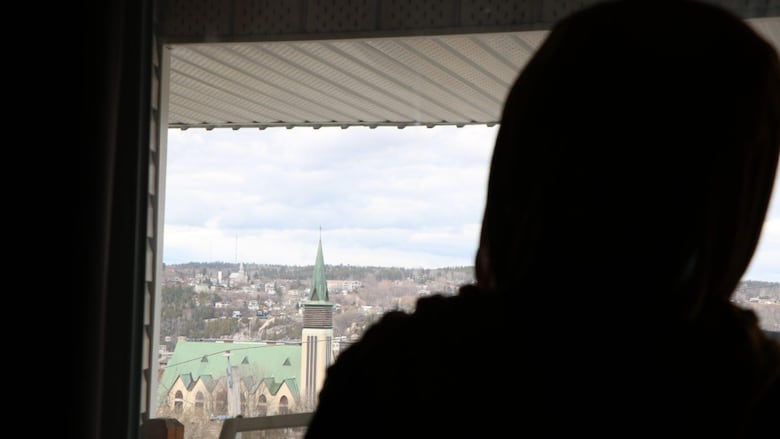Quebec's anti-corruption unit investigating scams targeting students from Africa
Investigation triggered following revelations about fraudulent schemes, according to Radio-Canada

Quebec's anti-corruption agency is investigating fraudulent networks that have orchestrated the arrival of foreign students in Canada, according to Radio-Canada sources.
A criminal investigation by the Unité permanente anticorruption (UPAC) has been ongoing for two months, sources say, following revelations about scams targeting prospective students in African countries.
Mathieu Galarneau, spokesperson for UPAC, told CBC News the government agency will not provide any information regarding whether or not a criminal investigation is underway. He did, however, confirm that the agency is aware of fraudulent schemes and the production of false documents targeting international students and universities in Quebec.
In June, CBC News reported on two women from Benin, in West Africa, who say they were scammed out of thousands of dollars by the same man positioning himself as a consultant who could process documents and submit their university and immigration applications to the Université du Québec à Chicoutimi.

It was after their arrival in Quebec that the women realized their university acceptance letters, which their immigration papers were based on, were fraudulent. Due to their falsified immigration papers, they were without legal status in Canada.
Both women spoke out about their experiences in the hopes they could help lead to change.
In an emailed statement to Radio-Canada, Marie-France Audet with the Université du Québec à Chicoutimi said it's good news UPAC is looking into fraudulent networks affecting victims and their institution's reputation.
"If needed, we will collaborate to put an end to this kind of fraudulent practice," she said.
Agency warns scams can result in 'serious charges'
UPAC's Galarneau says although he cannot provide any information about specific investigations, the agency is "well aware" of schemes which produce and use false documentation and target both international students and Quebec schools.
He says anyone who has been a victim of fraud can contact UPAC online or by phone.
Galarneau says the agency presents results of its investigations to the director of criminal and penal prosecutions (DPCP), which can then decide to lay charges against individuals. He says those charges may include fraud or producing and using false documents, for example.
"People need to be aware that doing so, making a fraud scheme targeting the Quebec state, may result in … serious charges," he said.
He says if necessary, the provincial agency has the capacity to ask for help from police forces in other countries and collaborate internationally.
Quebec 'has the power to do something,' lawyer says
Investigating fraudulent actors who lure prospective students to Canada under false pretences would be in the best interest of the province, says Richard Kurland, a lawyer and policy analyst based in Vancouver.
"Quebec can save big money because Quebec will not have to cover the carrying costs of refugee claims made by students who find themselves in this fraudulent, abusive environment," he said.
He says this is the first time he's heard of a province putting in resources to address international student scams in this way. Kurland says UPAQ's powers are extensive.
"Not only can this unit share intelligence, share information with other government authorities, provincial or federal, it has the power to do something," said Kurland.
He says this provincial agency also holds power over schools in Quebec, meaning an investigation could encourage some to be more vigilant of fraudulent networks affecting prospective students.
"The school needs to fulfil its obligation to protect not only the public, its students, but foreign nationals," he said.
With files from Radio-Canada


